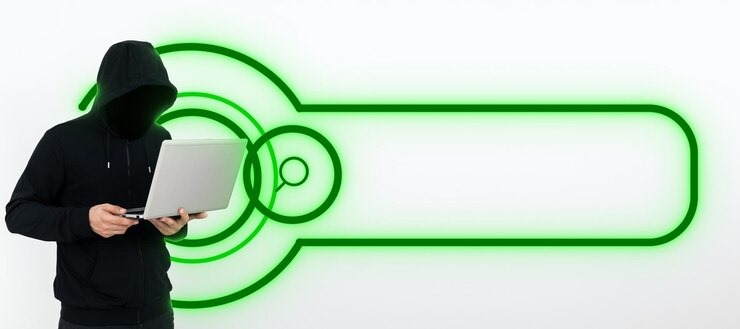IP addresses form the basis of online communication in the digital world. Every device linked to the internet has its own IP address. Not all IP addresses you come across are legitimate, though; 185.63.253.300 is a clear illustration of one that seems true but is not.
Let’s examine why 185.63.253.300 is unacceptable, what qualifies an IP address, and how to spot illegal ones.
Which IP address is?
Each device linked to a computer network receives a numerical identifier called an IP address, Internet Protocol address. It works mostly to:
- Detecting the host or network interface
- Giving the network host’s location
The most often used format is IPv4, which is made up of four numbers divided by dots (e. g. , 192. 168. 1. 1). Every one of these numbers is called an octet.
The Guidelines of a Legitimate IPv4 Address
An IPv4 address must adhere to these criteria in order to be regarded legal:
- It must consist of precisely four octets separated by dots.
- Every octet needs to be a number between 0 and 255, inclusive.
- Letters, symbols, or spaces are not permitted in the address.
Let us use this to our situation.
Why 185.63.253.300 Is Not a Valid IP Address
Looking at 185.63.253.300, at first glance it might seem accurate since it follows the right four octets separated by periods pattern.
But there is a major problem:
The last octet is 300, which surpasses the largest permissible value (255) in any octet.
This means that 185.63.253.300 is an invalid IP address and any system or program that checks IP integrity will not accept it.
What Happens If You Enter an Incorrect IP?
Using an incorrect IP address like 185.63.253.300 can have several consequences:
- Connection problems while attempting to connect to a server
- Failed configuration of network tools or routers
- Software warnings regarding incorrect IPs
- Particularly if spoofed addresses are implicated, security issues
Network tools and applications are made to deny poorly formed IPs, therefore preserving security and correct data routing.
How to Find Out If an IP Address Is Valid
Using the following methods you may confirm an IP address:
- Web IP validators include regex validators and IP checking tools.
- ping, traceroute, or nslookup are command line tools.
- Programming scripts that compare accepted patterns against IPs
Is It Ever Used?
Although 185.63.253.300 is not allowed, comparable addresses like 185.63.253.300 could be legitimate and in use. Occasionally, misconfigurations or misprints can cause the incorrect IP to be used or published.
This often occurs in:
- Malicious spoofing tries
- email headers
- server logs
- Online traffic research
Thus, before believing or using an IP address, one should always double-check.
In conclusion:
No, an actual IP address is not 185. 63. 253. 300.
Because its last octet is beyond the approved IPv4 addresses, it is invalid for use in any typical network or web-based application.
Knowing how IP addresses function can assist to prevent technical problems, increase cybersecurity awareness, and support debugging operations.
Q1: What renders 185.63.253.300 null?
The final section, “185.63.253.300,” is higher than the largest allowable value of 255 in any IPv4 octet.
Q2: In private systems, can this address still be used?
No. Every system enforcing IP rules would reject it as malformed.
Q3: Could this be a mistake of a legitimate IP?
Definitely. Someone could have meant to write 185.63.253.300, which is legal.
Q4: What instruments can I use to confirm IP validity?
Tools such as online IP validators, the Linux ping command, or IP parsing scripts written in Python, JavaScript, or other languages can all be used.
Q5: Other incorrect IP formats should be avoided?
Yes. Non-numeric characters, numbers outside the 0–255 range, or addresses with fewer/more than 4 octets are among examples.











